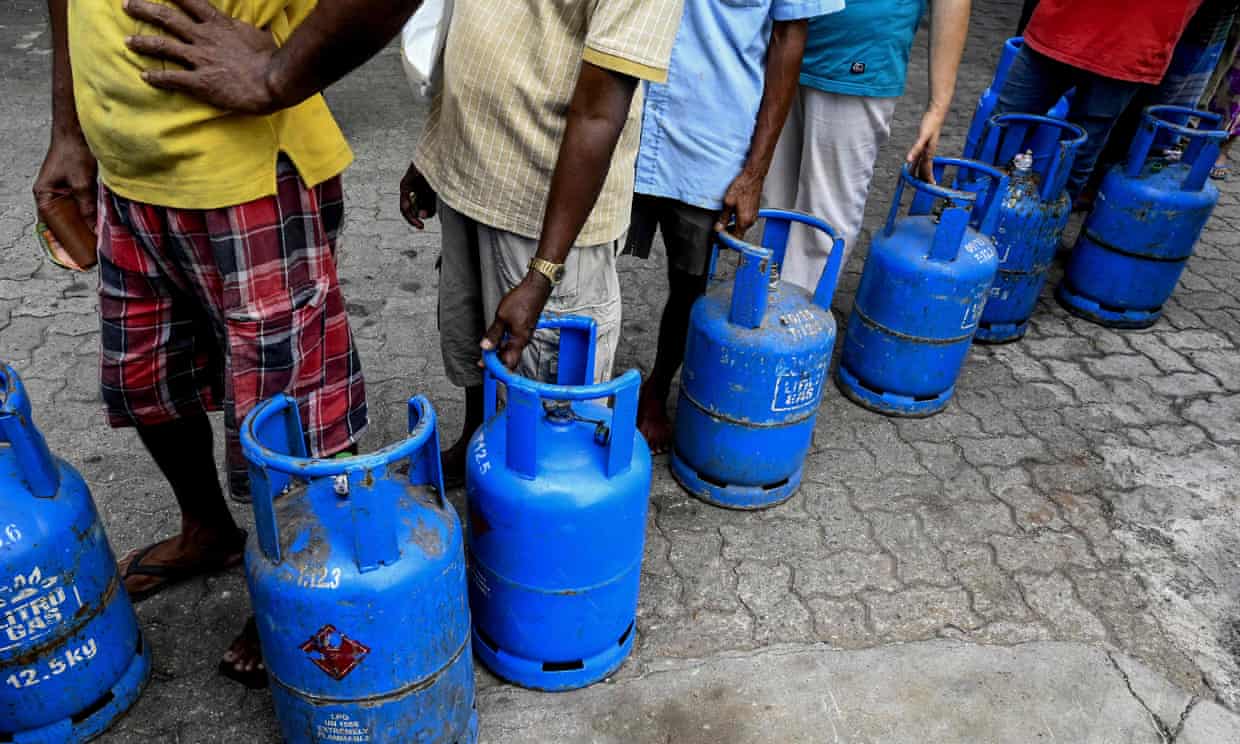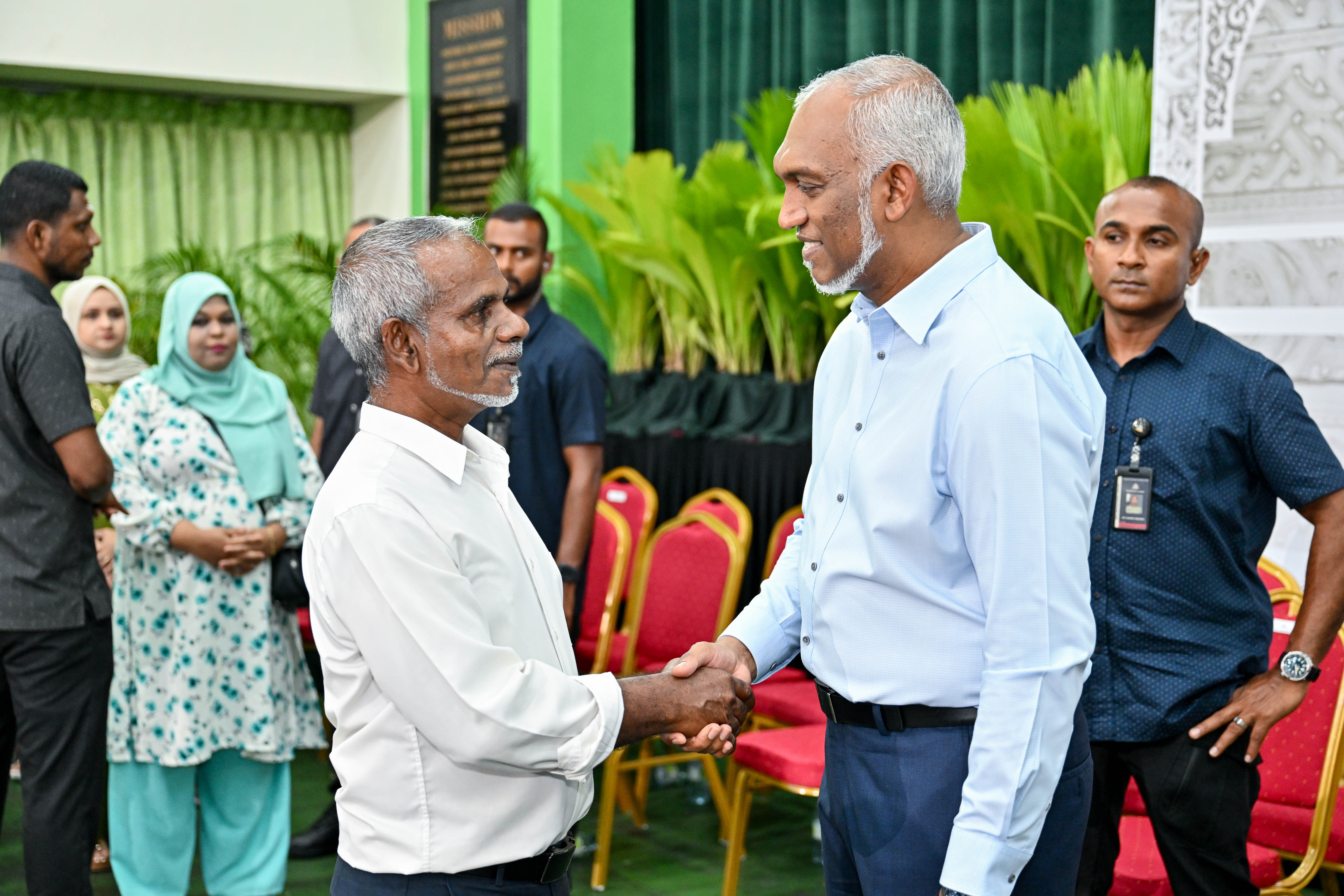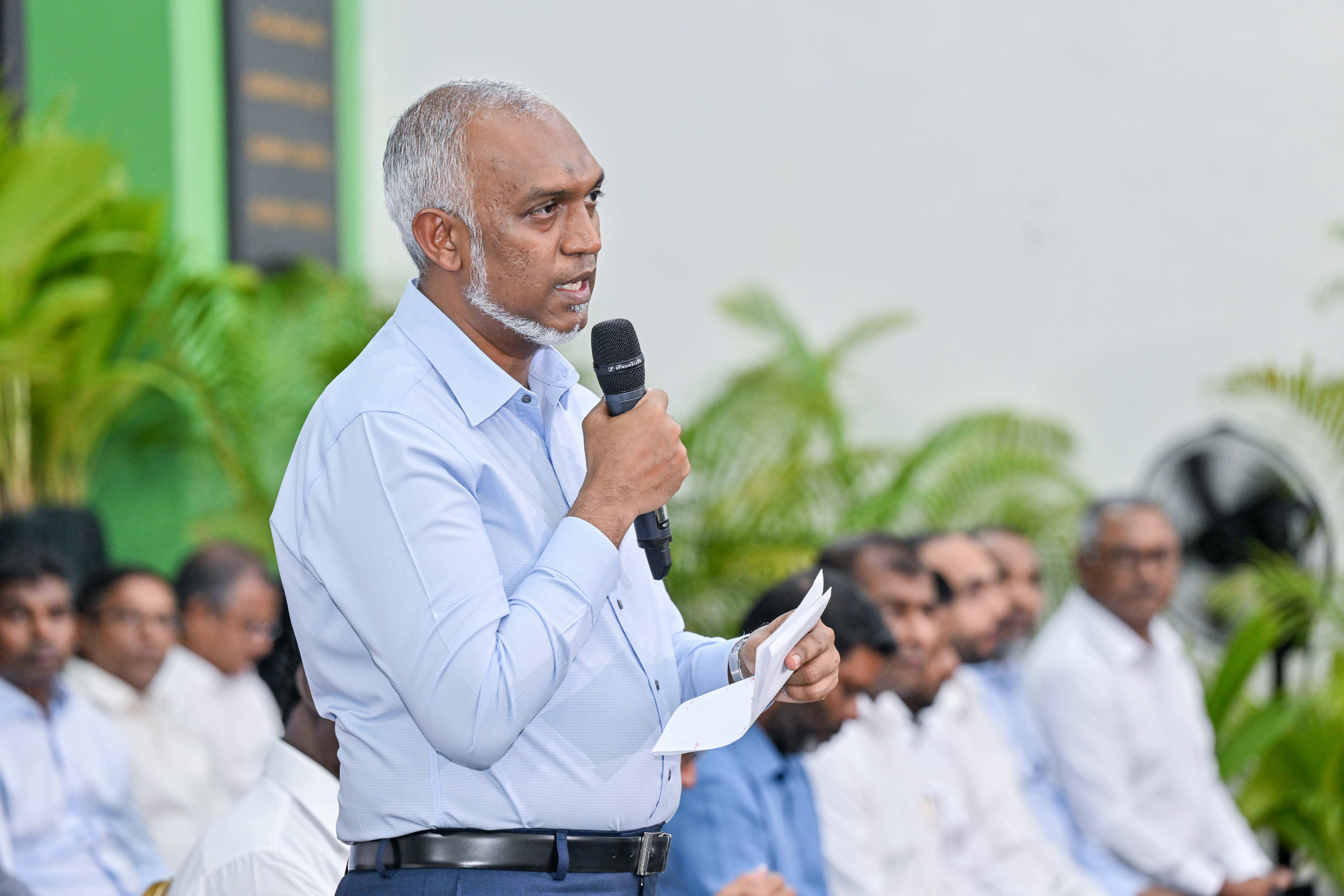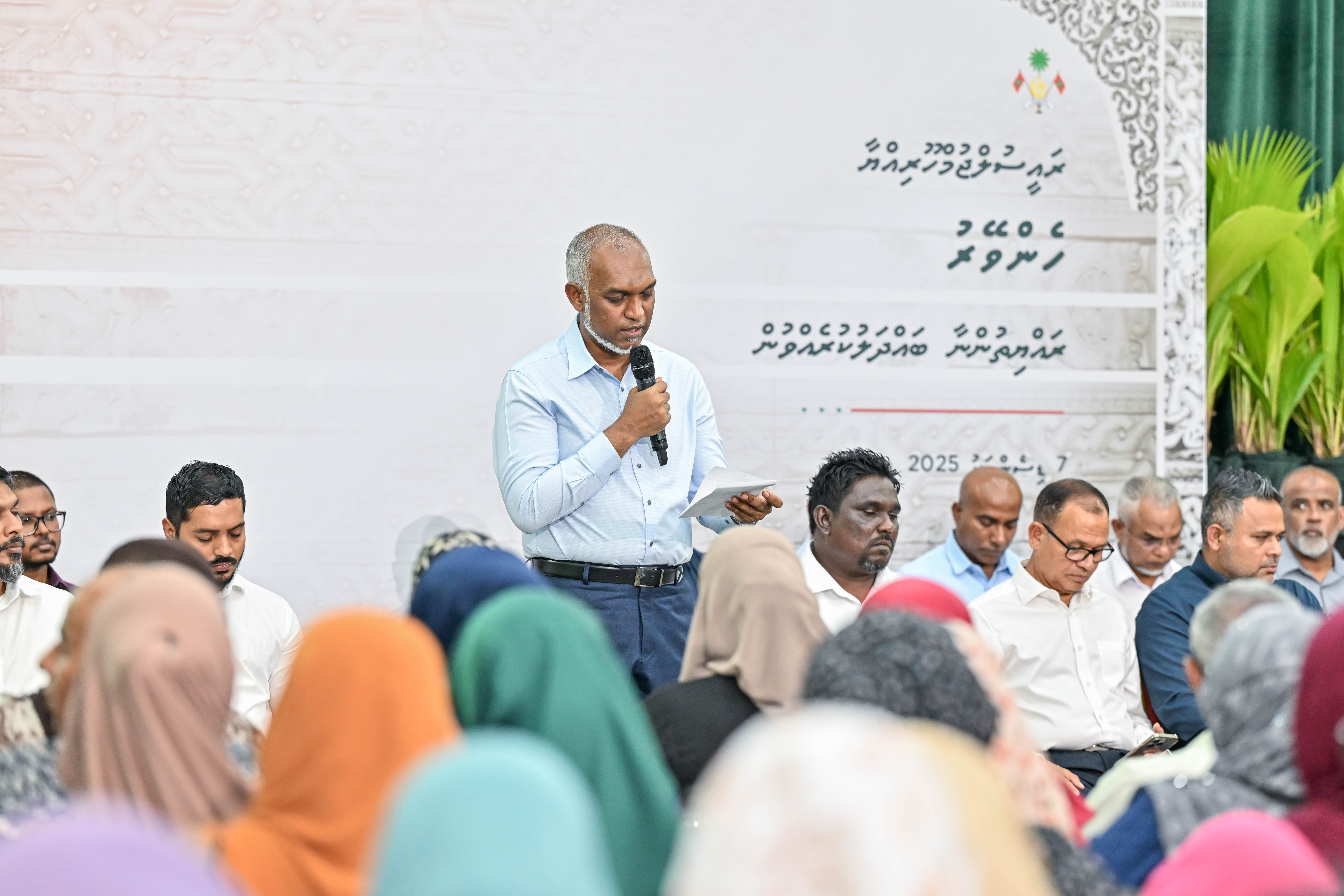Sri Lanka is in the midst of one of the worst financial crises in decades, exacerbated by a tourism collapse in the wake of Covid. In recent months, food prices have skyrocketed, there has been a continued dearth of essential goods, fruit, and vegetables, and long queues have formed outside petrol stations due to a shortage of fuel.
This week, daily power cuts of over five hours began to be imposed across the island, and warnings were issued that water supplies might also soon be disrupted.
In addition, Sri Lanka's public transport was crippled on Wednesday as buses ran out of diesel, officials said as the country's foreign exchange crisis worsened with no dollars to import fuel.
The Private Bus Owners' Association said they were able to operate only about a quarter of their fleet of 20,000 vehicles, while drivers reported queuing for seven hours to top up fuel.
"I could not run the bus for two days because there was no diesel," said 51-year-old bus driver Sarath.
Many commuters were seen using their own motorcycles and small cars on Wednesday after bus operators warned of drastically scaled back schedules.
Meanwhile, one of Sri Lanka's biggest fuel suppliers, Lanka IOC, has put up prices by as much as 12 percent on Saturday while the state-run Ceylon Petroleum Corporation (CPC) said it too asked the government to allow it to raise prices.
Energy minister Udaya Gammanpila told reporters on Saturday that the power crisis had been brought on by the dollar shortage, which he described as the "worst economic crisis since independence" from Britain in 1948.
Last week two ships carrying diesel and a tanker of fuel oil sat in the port but their essential cargo could not be brought in as the government didn’t have the dollars to pay for it.
Sri Lanka's tourism sector, a key foreign-exchange earner, collapsed in the wake of the Covid-19 pandemic, and the government imposed a broad import ban in March 2020 to save foreign currency.
This week, daily power cuts of over five hours began to be imposed across the island, and warnings were issued that water supplies might also soon be disrupted.
In addition, Sri Lanka's public transport was crippled on Wednesday as buses ran out of diesel, officials said as the country's foreign exchange crisis worsened with no dollars to import fuel.
The Private Bus Owners' Association said they were able to operate only about a quarter of their fleet of 20,000 vehicles, while drivers reported queuing for seven hours to top up fuel.
"I could not run the bus for two days because there was no diesel," said 51-year-old bus driver Sarath.
Many commuters were seen using their own motorcycles and small cars on Wednesday after bus operators warned of drastically scaled back schedules.
Meanwhile, one of Sri Lanka's biggest fuel suppliers, Lanka IOC, has put up prices by as much as 12 percent on Saturday while the state-run Ceylon Petroleum Corporation (CPC) said it too asked the government to allow it to raise prices.
Energy minister Udaya Gammanpila told reporters on Saturday that the power crisis had been brought on by the dollar shortage, which he described as the "worst economic crisis since independence" from Britain in 1948.
Last week two ships carrying diesel and a tanker of fuel oil sat in the port but their essential cargo could not be brought in as the government didn’t have the dollars to pay for it.
Sri Lanka's tourism sector, a key foreign-exchange earner, collapsed in the wake of the Covid-19 pandemic, and the government imposed a broad import ban in March 2020 to save foreign currency.


















